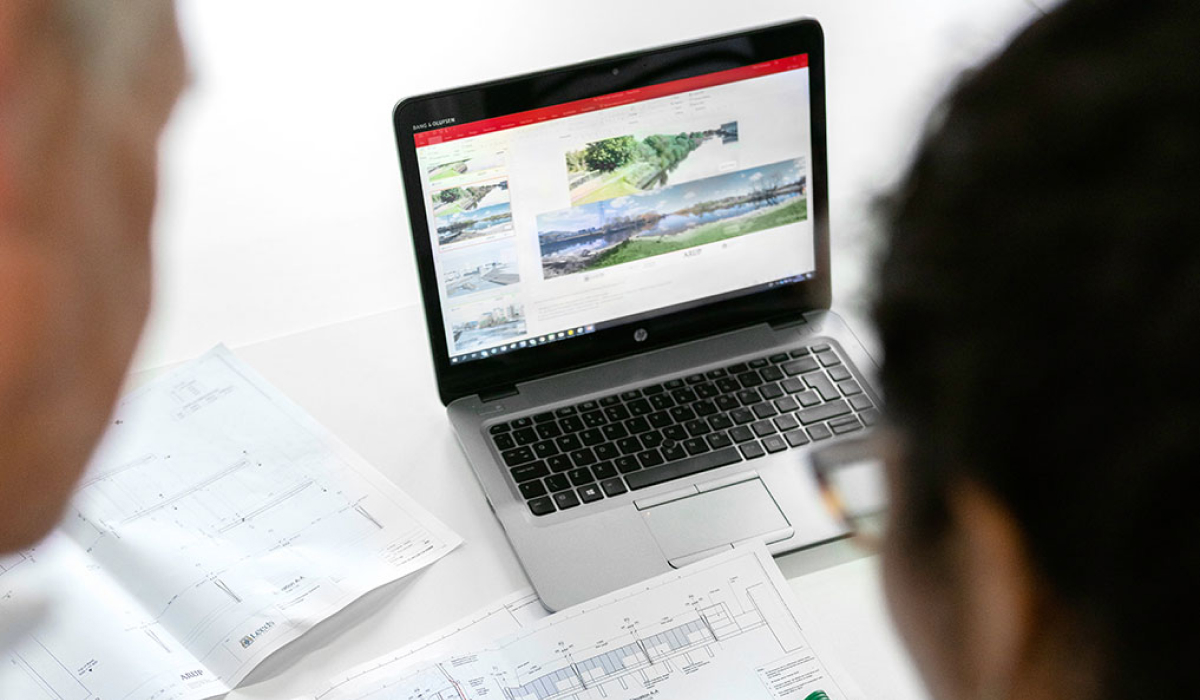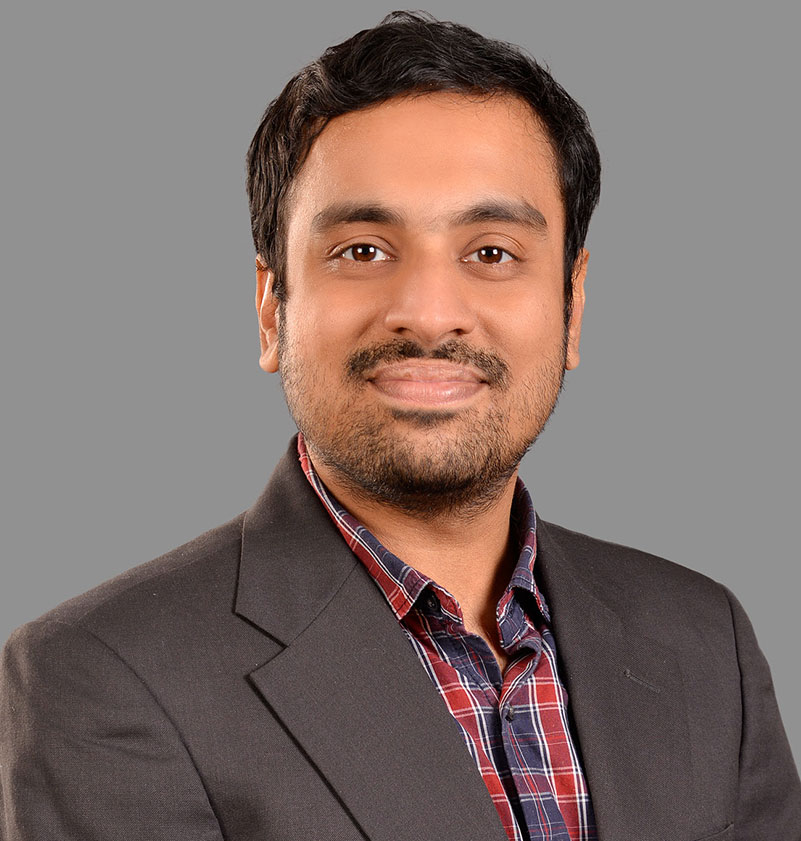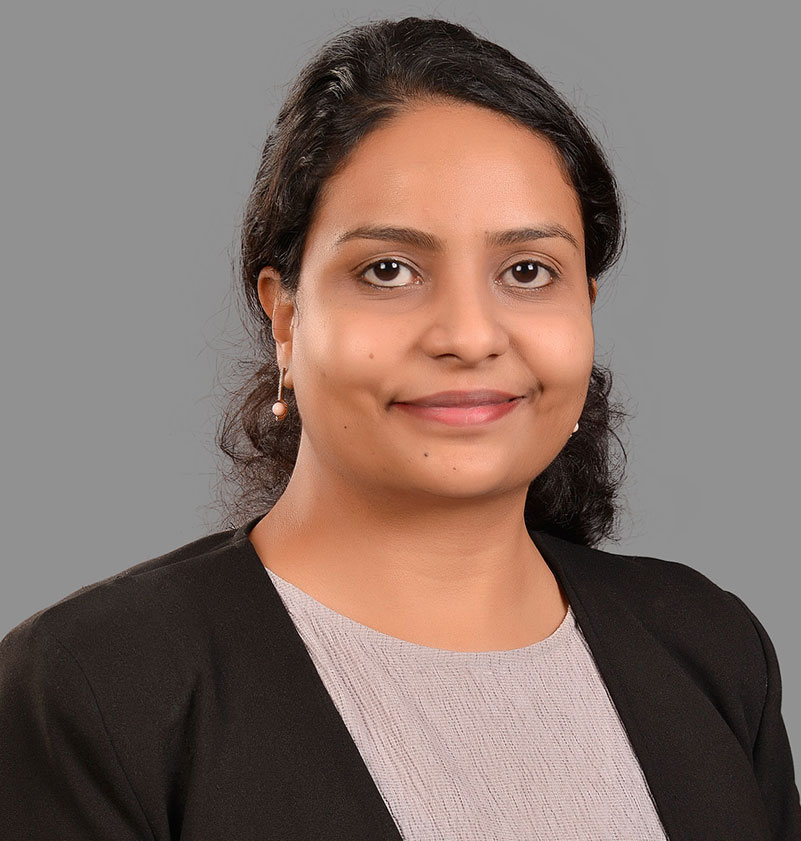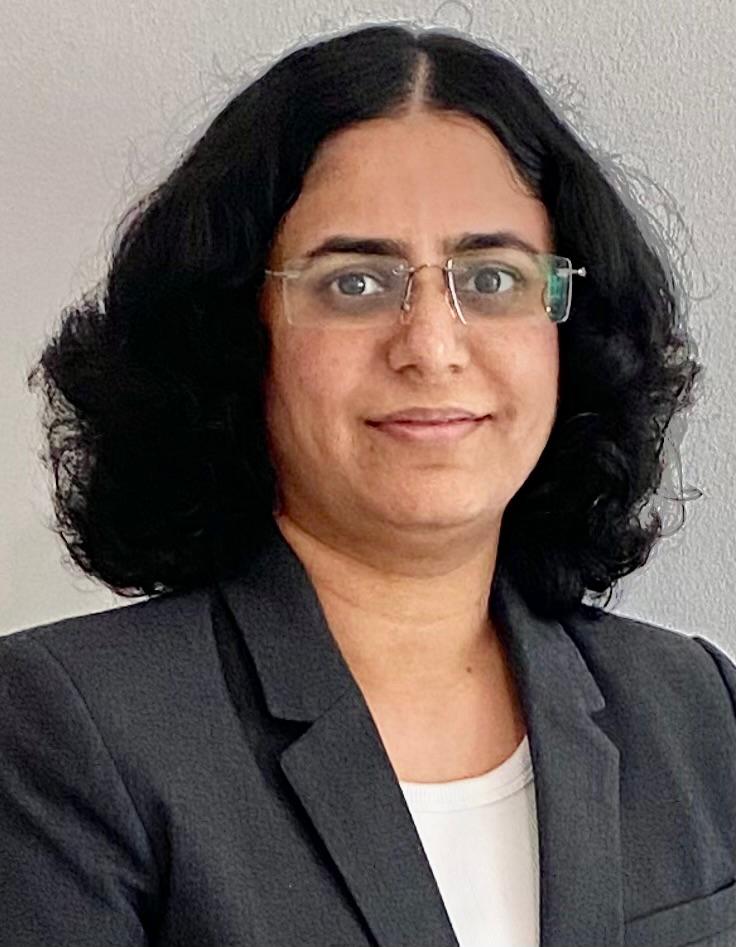B.E. (B.E. Architectural & Urban Engineering)

campus
Dubai
Department
Civil and Architectural Engineering
Level
Integrated First Degree
Duration
04 Years
B.E. Architectural & Urban Engineering
Blending aesthetics with functionality, where innovation meets urban evolution
The Department of Civil & Architectural Engineering offers a unique interdisciplinary program rooted in ARCHITECTURE as the fundamental core. The program additionally adds on futuristic elements of four critical themes of high demand in the infrastructure sector, aligning with UAE's Vision for Sustainable Urban Development. These include – Urban Engineering & Smart Infrastructure, Computation & Digital Design, Sustainability & Environment, and Project Management & Finance. A graduate of this program will have fundamental knowledge in both architecture and urban engineering, gaining a significant edge over their peers.
-
FLEXIBILITIES
-
EVALUATION
Choose the path to suit your academic goals
BITS Pilani students can choose from an array of flexible options during their academic journey. The flexibility is given keeping in mind every students’ long term goals:
One of the most popular flexibilities provided by our educational structure is the dual degree scheme under which students concurrently work towards completing two integrated first degrees within a reasonable period of time. All students admitted to Group B programmes are given an opportunity to work under this scheme for one of the Group A programmes as well. Assignment to programmes are made on the basis of individual performance during the first year
In the assignment of dual degree, first priority is given to the students in Group B seeking a second degree under this scheme from amongst the programmes in Group A. After fully satisfying the known needs of the first priority, a second operation is done to consider the other priority, namely, students in any group seeking a second degree from amongst the programmes in another group. While it would be academically and procedurally acceptable for a student admitted in Group A or B programmes to seek a second degree in Group C in the dual degree scheme, the reverse process is not normally possible. However, a student admitted to Group C will be eligible to compete for a dual degree for any degree of Group C or any degree in Group B or MMS only in Group A.
Within the same tier:
From first degree to higher degree/Ph.D. degree:
In the case of bright and promising students of the Integrated First degree programmes a transfer to Higher Degree and/or Ph.D. degree is sometimes provided.
Between Ph.D. and higher degree programmes:
Under special situations a transfer between Ph.D. and higher degree programmes may be permitted. Movement in either direction is theoretically possible. The Academic Regulations need to be consulted for details.
Students interested in specific courses outside the scope of their curriculum can take them audit. This facility has been conceived to primarily meet the needs of casual students (not enrolled for degree).
Certain courses such as Foreign Languages, Music etc. are offered apart from degree programmes. Students who wish to take on these courses can take them only on an audit basis on payment of additional fees.
The structure of degree programmes and Academic Regulations also provide certain other flexibilities like choice of electives, number of electives, repetition of courses, departure from normal pace, withdrawal from or substitution of course(s) etc.
A holistic approach to growth
The multi-faceted evaluation system at BITS Pilani encourages and rewards continuous and systematic study, and provides students with continuous feedback to encourage holistic learning.
All courses are conducted and evaluated in a continuous & internal manner by the faculty who teach the courses. The academic year is divided into two semesters, and a summer term, whenever offered. Students register for a certain number of courses each semester. Faculty members acting as registration advisors help students draw up a programme suitable to their pace and needs in accordance with the course-wise time-table of the Institute. This process also gives every student training in decision-making by helping them decide their own (i) Course load (ii) Selection of time-table according to individual preference (iii) Electives that meet a student’s individual aspirations. It is the responsibility of the student to attend classes regularly and to maintain a required level of scholastic standing.
Assessments are done by teachers by means of continuous evaluation throughout the semester in the form of class work, periodical quizzes, tests (sometimes unannounced), tutorials, laboratory work, home work, project, etc. A comprehensive examination is also conducted at the end of the semester. The system encourages and rewards continuous and systematic study. It also provides continuous feedback to students and thus encourages more holistic learning.
Unusual methods of evaluation have been evolved in the Practice School courses to take account of certain traits which do not surface in a classroom education, like professional judgement, decision-making ability, interdisciplinary approach, initiative, leadership, sense of responsibility, etc.
At BITS Pilani, we reject the conventional emphasis on a single final examination and numerical marks as the only absolute indication of the quality of a student's performance. At the end of the semester teachers of the course award letter grades based on the overall performance of the student relative to the performance of others taking the same course.
We do not stipulate a minimum percentage of attendance before a student is permitted to appear in any test/examination. However every student is responsible for regularity of their attendance in classrooms and laboratories, and appearance in scheduled tests and examinations. The system has adequate resilience to accommodate unforeseen situations. In extreme cases when teachers are unable to award any grade due to lack of attendance and initiative on the student’s part, teachers are authorised to give a “Not Cleared” (NC) report.
There are certain other minimum academic requirements from each student regarding the performance and progress for the Integrated First Degrees and Higher Degrees such as:
• A CGPA of at least 4.5 at the end of every semester for integrated first degree students and 5.5 for higher degree/Ph.D. students.
• Not more than one E grade in a semester for integrated first degree programmes and no E grade in the higher degree programmes.
• The pace of progress of a student should be such that at any stage of reckoning the student should not have spent more than 50% extra time than what is prescribed for them up to that stage in the programme.
Students who fail to meet the minimum academic requirements stipulated above are put under an appropriate committee which monitors their programmes and gives guidance so that they are properly rehabilitated at the earliest. In the case of Ph.D., this is done by the Doctoral Counseling Committee and in the case of higher degrees and integrated first degrees this is done by Academic Counselling Board (ACB). These Committees are appointed by the Senate and are given authority to take appropriate action including discontinuance of the student or transfer to other programmes.
Highlights of the program:
- State-of-the-art curriculum formulated after close consultation with top industry experts from prominent Architecture & Engineering firms.
- Curriculum benchmarked to achieve an exceptional similarity index with world-renowned universities, including the University of Texas at Austin, Illinois Institute of Technology, University of Sydney, University of New South Wales, among others.
- Exciting industry-led architectural projects during the program.
- Enhanced opportunities for employment in both architecture and engineering firms.
Career Pathways:
Job Roles:
- Architectural Designer
- BIM (Building Information Modelling) Specialist
- Building Design/ Structural Engineer
- HVAC Engineer
- Lighting & Acoustic Designer
- Sustainability Specialist
- Building Systems Engineer
- Façade Engineer
- Urban Planning
Prospective Hiring Areas:
- Architecture Firms
- Engineering Consultancy
- Real Estate
- Building Design Firms
- Contracting & Project Management
Higher Studies:
Students have the unique possibility to pursue higher studies in architecture, urban engineering and multiple related areas
-
Year 1
-
Year 2
-
Year 3
-
Year 4
| BIO F110 | Biology Laboratory |
| BIO F111 | General Biology |
| CHEM F110 | Chemistry Laboratory |
| CHEM F111 | General Chemistry |
| MATH F111 | Mathematics I |
| PHY F110 | Physics Laboratory |
| PHY F111 | Mechanics, Oscillations and Waves |
| BITS F110 | Engineering Graphics |
| MATH F112 | Mathematics II |
| ME F110 | Workshop Practice |
| CS F111 | Computer Programming |
| EEE F111 | Electrical Sciences |
| BITS F112 | Technical Report Writing |
| MATH F113 | Probability and Statistics |
| BITS F111 | Thermodynamics |
| MATH F211 | Mathematics III |
| Humanities Electives | |
| AUE F211 | Basic Design for Visualization |
| CE F230 | Civil Engineering Materials |
| AUE F212 | Structural Mechanics |
| AUE F213 | Fluid Mechanics and Applications |
|
|
ECON F211 Principles of Economics Or MGTS F211 Principles of Management |
| Humanities electives | |
| AUE F241 | Architectural Design Studio I |
| AUE F242 | Building Construction & Technology |
| AUE F243 | Construction Economics |
| BITS F225 | Environmental studies |
| Open Electives/Humanities electives | |
| AUE F311 | Architectural Design Studio II |
| AUE F312 | Geotechnical Design |
| AUE F313 | Design of Reinforced Concrete structures |
| AUE F314 | Highway Planning, Analysis and Design |
| Discipline Electives |
| Open Electives/Humanities electives | |
| AUE F341 | Urban Planning and Sustainable Communities |
| AUE F342 | Building Acoustics and Lighting Design |
| AUE F343 | Design of steel structures |
| AUE F344 | Directed Research in Architecture - I |
| Discipline Electives |
| Open electives | |
| AUE F345 | Directed Research in Architecture - II |
|
BITS F412 Practice School –II |
Discipline Elective Courses
Landscape Architecture
Green Building and Energy Conservation
Heating and Cooling of Buildings
Building Information Modeling (BIM)
Building Services
Renewable Energy Systems in Buildings
Construction Management
Financing Infrastructure projects
Applications of Artificial Intelligence in Civil Engineering
Machine Learning in Design Optimization
Computer Applications in Civil Engineering
Urban Mass Transit Planning, Operations and Management
Principles of Geographical Information Systems
Remote Sensing and Image Processing
Environmental Impact Assessment
Airport, Railways and Waterways
Water & Waste Water Treatment
Earthquake Resistant Design and Construction
Introduction to Environmental Engineering
Engineering Hydrology
Urban Hydrology
Introduction to Bridge Engineering
And many more.
Discipline Core Courses - 48 Units (14 Courses)
Discipline Electives - 12 Units (4 Courses)
Open Electives -15 Units (5 Courses)
Humanities Electives - 8 Units (3 Courses)
Practice School
Practice School Program provides students an opportunity to practice what they have learnt, in global organisations under the supervision of a mentor. Students work on cutting edge technologies and could choose to practice in their own discipline of study or cross discipline areas. In addition to providing students an opportunity to play roles requiring multifunctional skills, this flagship program also provides many students a chance to secure a PPO.

- Practice School-I is an EIGHT weeks course conducted during the summer term after the second year of study. Students are stationed in an organisation during this program and after a comprehensive orientation, students largely learn through observation and work on group projects, under the guidance and mentorship of industry experts and a faculty member from BITS. This not only serves as a first exposure of students to the corporate world, but also helps in nurturing their personality traits, communication and presentation skills.

- Practice School-II offered in the final year of study is a TWENTY-TWO weeks’ full time program. First Degree students in their final year of study, can register for this either during the first semester or second semester and Dual Degree students can register for a double semester PS-II program. For Higher Degree students, the course is titled Practice School and such students can register for this in their final semester of study.
- While students can opt for this program and give their preferences of the company where they wish to practice, the allotment of students to a particular company follows a merit based allotment process.
- Students get the opportunity to practise what they have learnt, by working on live projects, under the supervision of industry experts and faculty members of BITS. This program provides students the opportunity to put theory to Practice, work on cutting edge technologies, understand company work culture and hone their behavioural skills. About 80% of the participating companies are long term partners who dote on BITSians to build their talent pool. This speaks for itself about the performance of our students, which in turn, is in part due to our curriculum and the stress on all round development.

- Partnering companies share their requirements with the Practice School Division, which makes it available to the students on a digital platform. Students get the opportunity to give their preference. The selection of students and their allotment to a company is done by the Practice School Division following a merit based allotment process.
Faculty
Assistant Professor, Department of Civil and Architectural Engineering
High Performance Concrete Encased Steel Columns, Lightweight Concrete Structural-Scale Slabs, Prefabricated Prefinished Volumetric Construction (PPVC), Slab-Beam Composite Dowel Connections, Steel Fibre-Reinforced Concrete, Temperature and Fire Effects on Reinforced and Fibre-Reinforced Concrete Slabs
Assistant Professor, Head of Department, Department of Civil and Architectural Engineering
Climate Change, Flood risk management, GIS and Remote Sensing Data mining, Hydrological Modeling, Impact and Projection studies, Surface Hydrology
Assistant Professor, Department of Civil and Architectural Engineering
Flexible Pavement Design, Reliability Analysis, Traffic and Transportation Planning
Assistant Professor, Department of Civil & Architecture
Architecture, Land Use, Land and Urban Policies, Qualitative- Quantitative mixed research, Social Sustainability, Urban Planning
Assistant Professor, Department of Civil and Architectural Engineering
Passive Solar Architecture, Sustainability in Building Design
Assistant Professor, Department of Civil & Architecture
Architecture, Behavioral Studies, SustainableTransport, Urban Planning




















